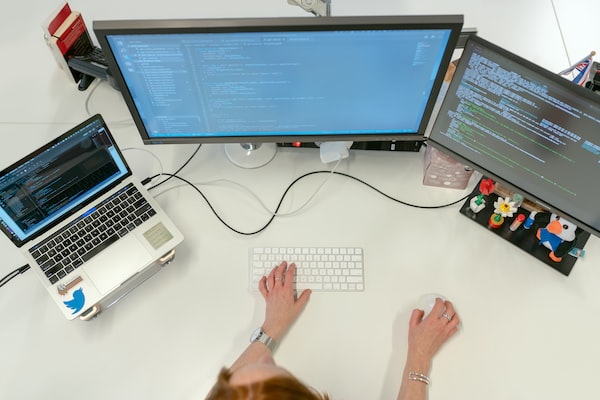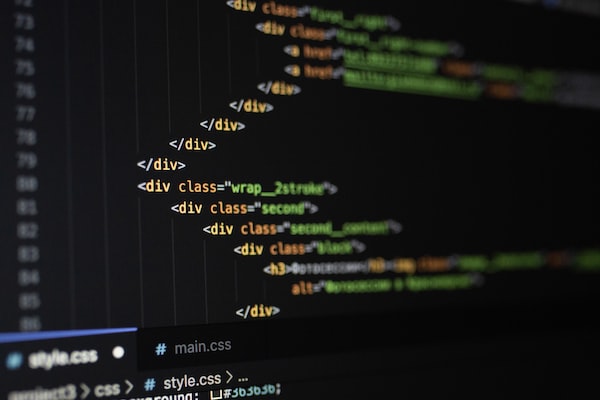As technology advances, so do the skills required to work in the tech industry. Students who want to enter the tech field need to make sure they are learning the most important skills through Schools Choice International or other educational institutions. Keep reading to find out what the most important skills for technology students are.
Point to Point Integration

Integration is the process of combining two or more components into a single system. In computing, this usually refers to the combination of hardware and software. Point to point integration is a type of integration in which each component communicates with the other directly without any intermediary. This type of integration can be difficult to manage and can lead to problems such as data inconsistency.
The most important skill for technology students learning PTP integrations is understanding how to create compatible interfaces between a number of connections. They must understand both the format of the messages being sent and also the protocol used for communication between them.
Problem Solving
Problem-solving skills when using technology are important for students to learn. This is because technology is constantly changing and evolving, so the ability to solve problems quickly and effectively is essential. Students who can problem solve will be able to adapt more easily to changes in technology and will be better equipped to deal with any issues that may arise. Additionally, problem-solving skills help students think critically and logically, both of which are important skills for success in any field.
Digital Literacy

Digital literacy is the ability to use technology to communicate, learn, and work. It includes the ability to use technology to find information, evaluate sources, create and share content, and use technology safely and responsibly. Technology students also need to be able to use technology to communicate with others. They need to be able to send and receive emails, use social media, and create documents and presentations. They also need to be able to communicate effectively online, including using appropriate grammar and spelling.
Troubleshooting
As technology evolves and becomes more complex, it’s important that students learn troubleshooting skills. This applies to all students, regardless of their chosen field of study. In the modern world, it’s not enough to be proficient in using technology—you also need to be able to fix it when it goes wrong using best practices.
Cybersecurity

Cybersecurity is the practice of protecting electronic information by mitigating information risks and vulnerabilities. There are many different types of cyberattacks, such as malware, ransomware, and phishing, that students need to be aware of in order to protect themselves and the organizations they work for. They need to be able to identify potential security risks and vulnerabilities and take steps to mitigate them. In addition, students need to be familiar with the tools and techniques used to protect electronic information from cyberattacks.
Programming

In this age of technology, programming is a critical skill for success. Programming teaches students how to think logically and systematically, and it helps them to be better problem solvers. In addition, programming provides students with a foundation for a career in technology.
There are a variety of programming languages students can learn, and the best language to learn depends on the student’s goals and interests. Some popular programming languages include Java, Python, and C++. If a student wants to develop mobile apps, they should learn Java. If a student wants to develop web applications, they should learn Python. And if a student wants to develop video games or computer applications, they should learn C++.
Regardless of the programming language a student chooses to learn, they should make sure to practice and master the basics. These basics include understanding how a computer works, learning how to write code, and understanding fundamental programming concepts. With these basics, a student will be able to develop any kind of application they desire.





















